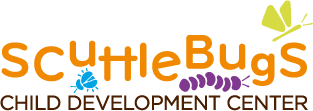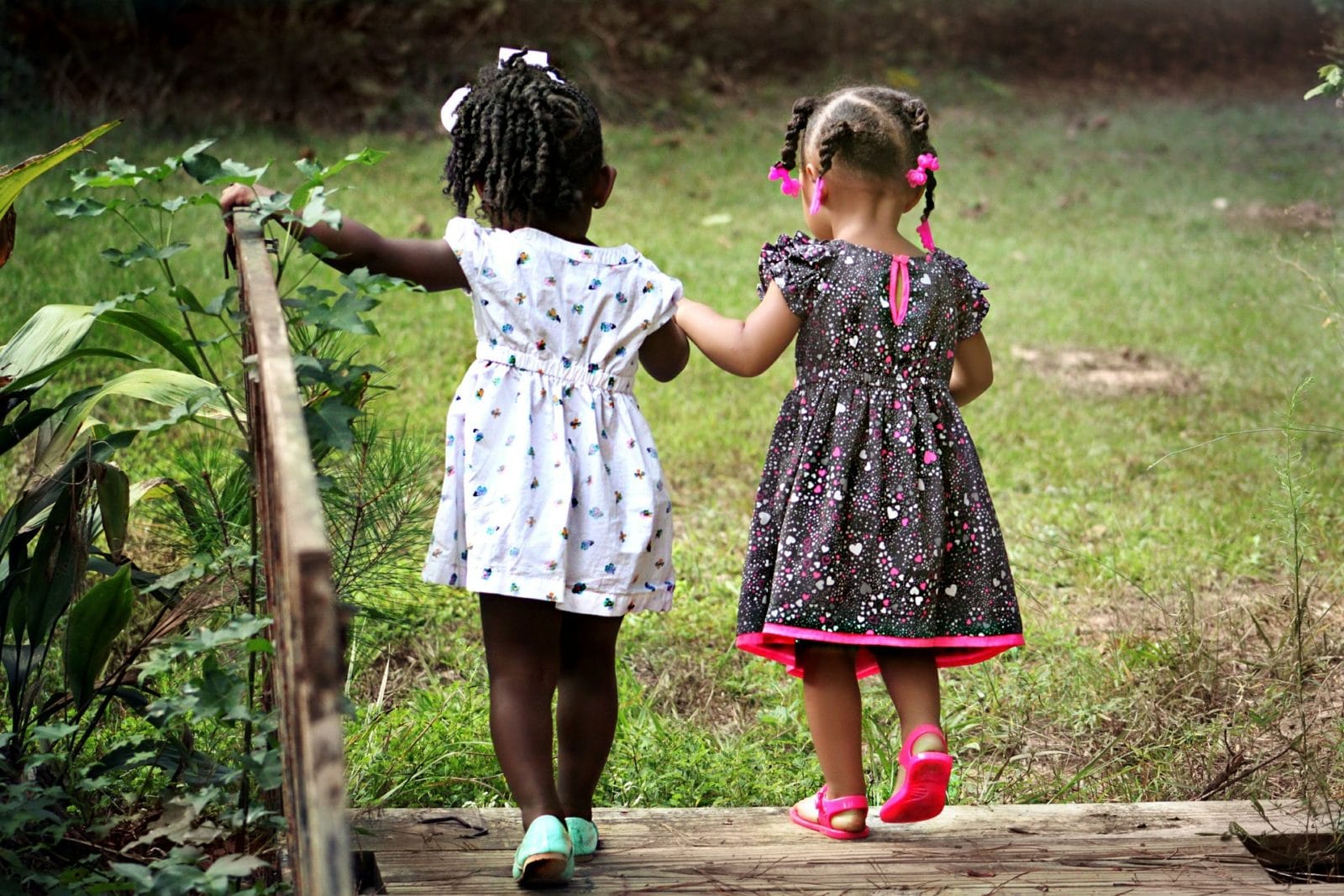When I sat down to write revisions to our curriculum, I knew that the important skills we need to establish today are the foundations for skills that our children will continue to develop throughout life. Those skills are the tools they will use to change our world and solve its problems. These very important foundations, are best established in the ever-critical first five years. Research has shown that within the first five years, children’s brains are developing at an incredible rate, and this is the best time to introduce them to, for example, mathematics and science.[1] I am less concerned about how we approach teaching literacy, math, science and technology as these are measurable skills which we can assess. We can also accommodate how and what we teach in order to ensure that children meet educational standards throughout their academic journey.
But social and emotional skills are no less important. We tend, however, to assess social and emotional skills subjectively and, unfortunately, even with bias. Meaning when a child displays, for example, difficulty in problem resolution or lacks a sense of empathy or self-efficacy, we might tend to take sides or make excuses for or against the child. I have often seen teachers and/or parents explain away children’s behavior due to environmental factors, peer interactions, video games, interactions with certain adults, and even bilingual language development or religious/cultural beliefs affecting acceptable behavior.
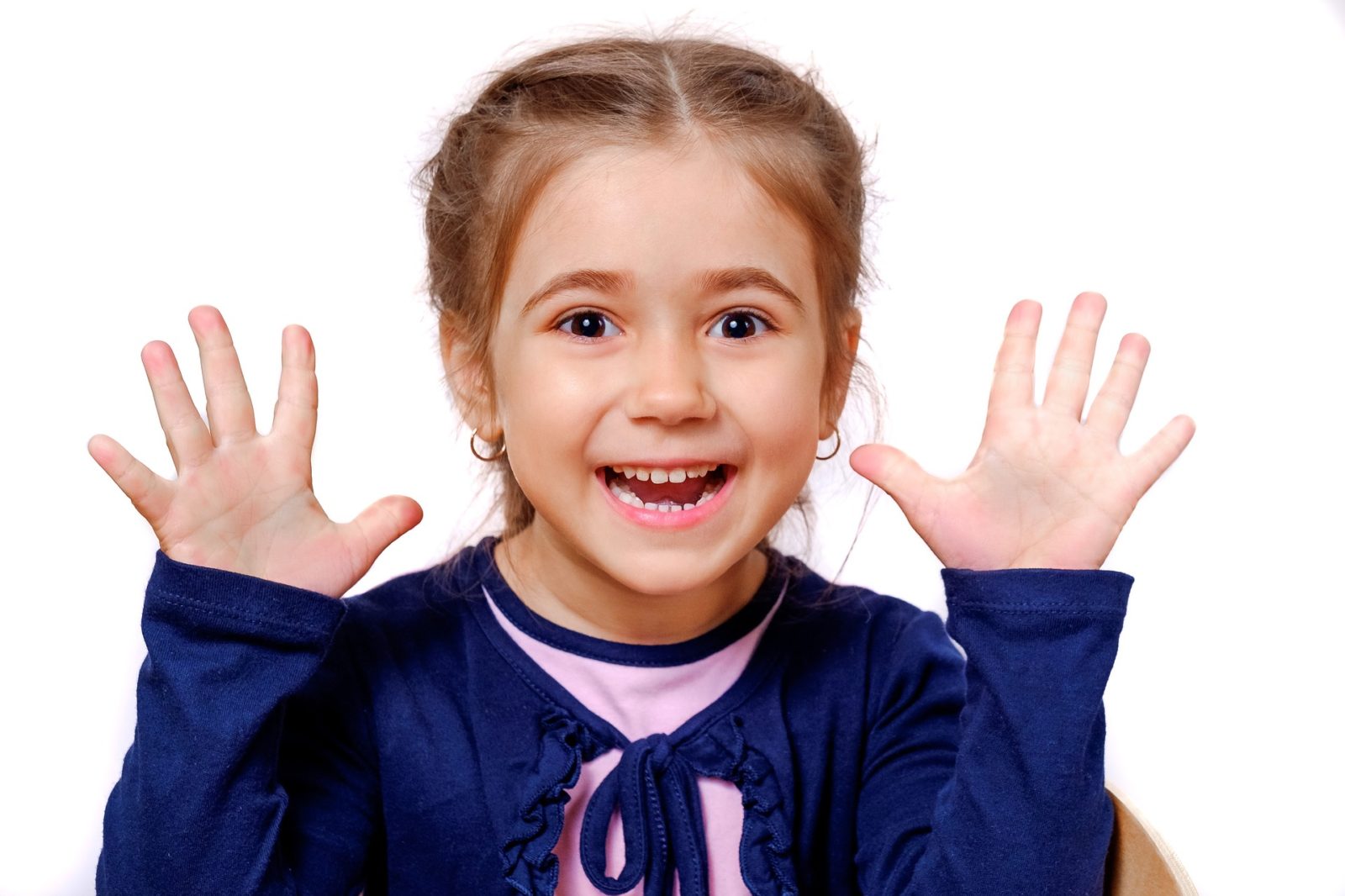
I have concerns regarding our approach to teaching social and emotional skills from early childhood. There can be no doubt as to the importance of laying down the foundations of emotional and social development in children, as this directly affects how they behave and interpret the world they live in. I don’t know if you agree with me, but it feels like the world we live in changes in many ways faster than when I was young and has gotten pretty complicated. Today we have instant access to insurmountable amounts of information which shapes how society changes every day.
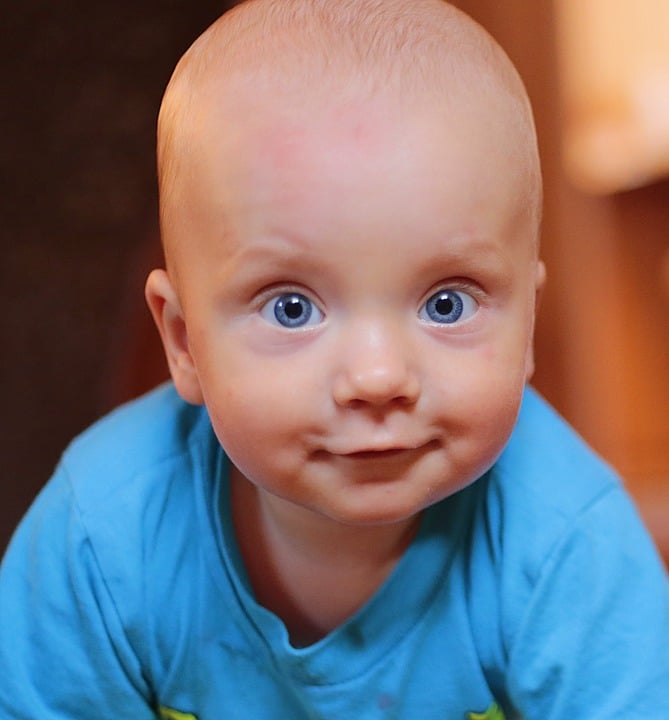
Emotional skills are a range of fundamental skills that allow us to confidently respond to people and changing situations. Learning to manage the way we respond to events and our ability to communicate effectively is essential for both organizational change, and for managing personal change.
I believe in my heart of hearts that all children are born without prejudice, and with an innate need for social interactions which they learn from and are stimulated and challenged by. Children need, however, our guidance in learning things like how to relate to similarities and/or differences, what is right versus wrong, how we support others, and that it is okay to make mistakes and learn from them. It is very important that we think objectively and purposefully about what social and emotional skills we want to instill in young children and how best to do so.
I recently listened to a podcast on NPR about empathy. The podcast illustrated just how divided and polarized subjects in current society are today. The hosts of the podcast discussed the importance of well-developed social and emotional skills and the ability to use empathy as a tool to resolve our problems. Empathy is even key for us to be capable of agreeing to disagree and listening to the reasoning of others. This really got me thinking about the importance of defining what and how we work with social and emotional development in early childhood.
As I listened to this podcast it only highlighted for me the importance of the revisions I was making to our curriculum and the emphasis we place on social and emotional development. Truth be told I have to fully admit that subconsciously, I was also thinking about certain issues and problems we adults are dealing with currently in our world. These revisions were made expressly with foresight and with the understanding that if we instill in children the foundational skills related to; self-awareness, social justice, self-management, relationships, leadership, self-efficacy, and problem solving we will ensure that our children have the tools and the confidence they need to deal with the very issues and certain divides we are grappling with today. Here, have a peek at a few of the foundational skills related to social and emotional development which we have defined in our curriculum:
- Demonstrate an understanding of one’s emotions.
- Can read social cues and respond appropriately.
- Identify when help is needed and who can provide it.
- Demonstrate the skills to respectfully engage in and resolve interpersonal conflicts in various contexts.
- Demonstrate ability to complete appointed tasks.
- Demonstrate the ability to take personal and collective responsibility for the self, group and the good of others.
- Display confidence in personal competencies, and satisfaction with results of own work.
- Recognize and identify the opportunity to include others.
- Recognize the needs of others.
- Listen to and comprehend what others say.
- Express comfort with people who are both similar and different.
- Understand how to utilize own identity in multiple spaces.
- Demonstrate ability to think logically, creatively and critically.
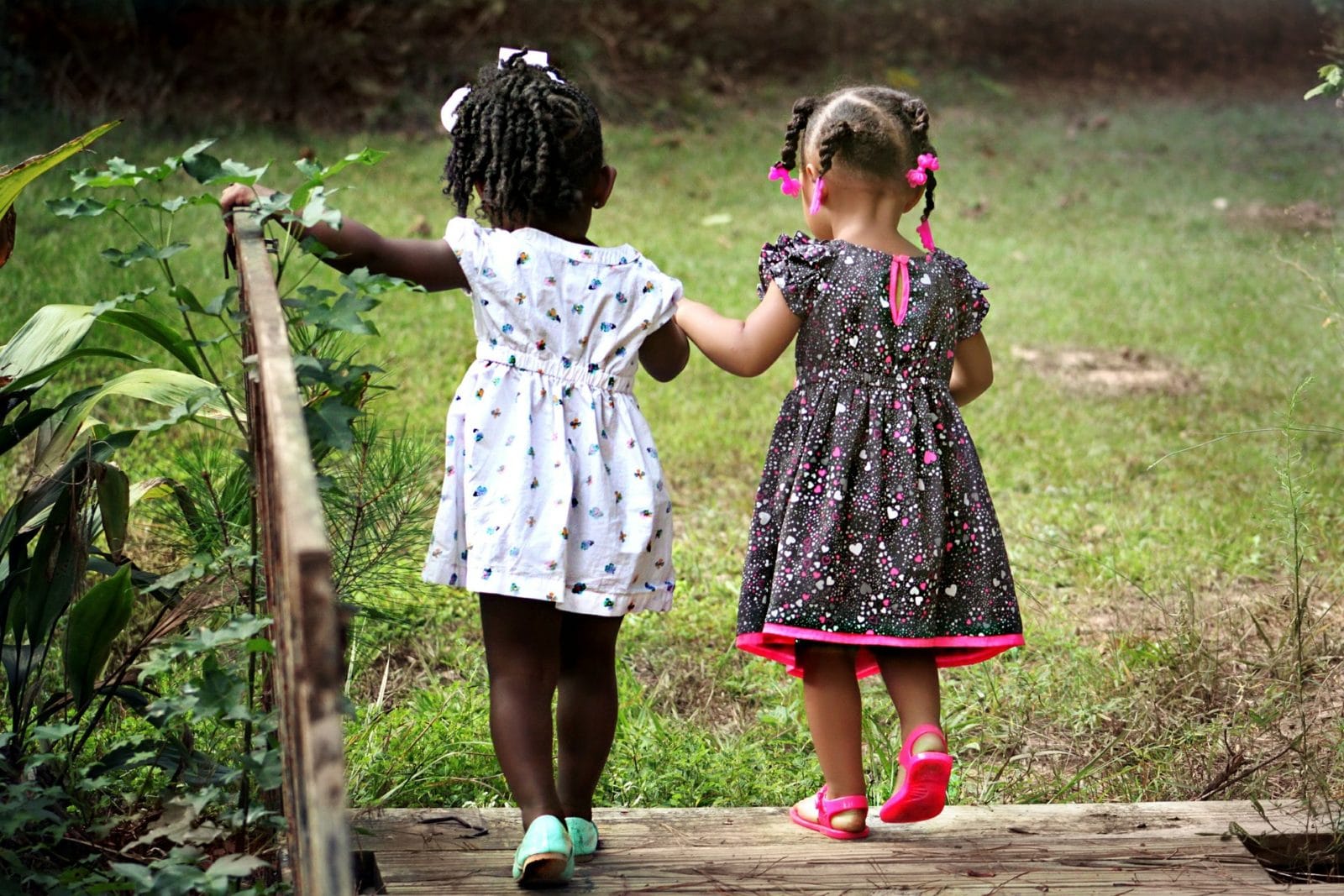
Allow me to finish up with a quote from a UN Peacekeeper. We could think of all sorts of physical and/or intellectual skills one might need in a battle zone where there is violence and turmoil, and your job is primarily to keep the peace.
"The man thought all this talk was fine, but he was more concerned with just getting water. And, if I was going to be successful on this mission, I had to remember what his priorities were. The quality you need most in United Nations peacekeeping is empathy."
I believe, in this increasingly complicated and fast changing world, our children will have more diverse roles to play in solving problems and adapting to change. I believe strongly that one of the most important social and emotional tools we can provide them with is, empathy and we should begin now working with it while they are young. If only to ensure it is a tool they will always have access to when needed throughout life.
[1] Peters, S. and Rameka, L. (2010). Te Käkano (the seed): growing rich mathematics in ECE settings. Early Childhood Folio, 14, 2. Pp8-14
